by Serina Shi
Serina is a master student in Information Management, Faculty of Information at University of Toronto, specializing in user experience design and information and library science. Her interests lie in computer-human interaction, experience design, cognitive science, and the crossing over of disciplines.
In November 2017, I attended a workshop organized by YHouse on “Naturalizing Phenomenology”: Is This the Way to Proceed?
In the history of science, philosophy has always seemed to be detached from the rest of natural science. Yet phenomenology offers a unique perspective of understanding our experience and life, and this workshop aimed to find ways to bridge the gap between the scientific attitude and the phenomenological attitude.
Day 1: Is phenomenology a science? What are the methodological differences between phenomenology and science?
The workshop first started by asking the question, “What does naturalizing phenomenology mean?” Following Dan Zahavi’s paper “Naturalized Phenomenology: A Desideratum or a Category Mistakes?,” we examined the differences between the natural attitude and the phenomenological attitude toward understanding the world and consciousness.
Science believes there is an objective way of viewing the world. One of the characteristics of this view is that the existence of the self and the world are taken for granted. We rarely see natural scientists asking questions such as: “Do I (consciousness) exist?” or “Does the world exist?” Instead, scientists ask: “How did the world come to be the way that it is now?” and “How do I (or the subject) interact with the world?”
Phenomenology, in contrast, “brackets” (suspends judgment) our belief in the existence of the world and explores the correlation between “I” (or the subject) and “the world.” Accordingly, phenomenology sets aside the question of the real existence of the world. This bracketing concept allows phenomenologists to consider our experience of the world without getting into the debate regarding the objective existence or non-existence of the world. Shaun Gallagher (2012) argues that phenomenological descriptions of perceptual experience can help the scientific studies of consciousness to reorganize and understand the structure of these experiences. This idea lies at the core of “phenomenological psychology,” which is representative of a positive response to the integration of phenomenology and natural science, according to Gallagher (2012).
However, Edmund Husserl, the father of phenomenology, also introduced another phenomenological approach: transcendental phenomenology. Transcendental phenomenology brackets the question of not only the real existence of the world, but also, the existence of the subject. While phenomenological psychology still took the existence of the subject for granted, transcendental phenomenology brackets the world and the subject. The following diagram was drawn during the workshop to represent the difference between the natural, phenomenological and transcendental-phenomenological attitudes.
The following diagram was drawn during the workshop to represent the difference between the natural, phenomenological, and transcendental-phenomenological attitudes.
Day 2: What are some ways in which phenomenology can collaborate with the sciences to achieve “mutual enlightenment”?
After Day 1’s engaging discussions on the methodological differences between phenomenology and the sciences, the group moved on to identify different ways to naturalize phenomenology. We referred to articles written by Shaun Gallagher, Evan Thompson, Alva Noe and Luiz Pessoa to guide some of the discussion. Through several rounds of discussions, I feel that we reached the conclusion that cognitive science has provided us a model of how phenomenological psychology can support natural sciences in understanding the nature of consciousness (and vice versa). In this sense phenomenological psychology is a promising field and approach for “mutual enlightenment.” Yet whether or not scientists can work with transcendental phenomenology to take on a new attitude of doing science is an open question that awaits further inquiry.
As an information scientist and user experience design professional who has minimal phenomenology background, this workshop has helped me understand how a scientist might adopt a phenomenological attitude or a phenomenological way of thinking, and how that may yield constructive results. In a way, the structure of the workshop was already naturalizing phenomenology by inviting phenomenologists and scientists to work together.
Reflection: Looking at the future, shall we adopt a transcendental-phenomenological way of thinking?
A phenomenological way of thinking, and specifically the transcendental attitude, the way I understand it, invites us to reflect deeper on the nature of the subject matter under investigation. In my case, I began to seriously question, “What is information and information infrastructures?” And furthermore, “How can I use this kind of reflection to further inform my research decisions and the design of large information systems?” These are interesting perspectives that have been inspired by adopting the transcendental-phenomenological attitude. In the society we live in today, our experience is largely dominated by the information infrastructures and systems around us. So then, what does an information experience mean to us? There seems to be a need for developing a framework that incorporates the phenomenological attitude in order to deal with the above questions. I am hopeful that we will be seeing more and more of naturalizing phenomenology that goes in these directions.





